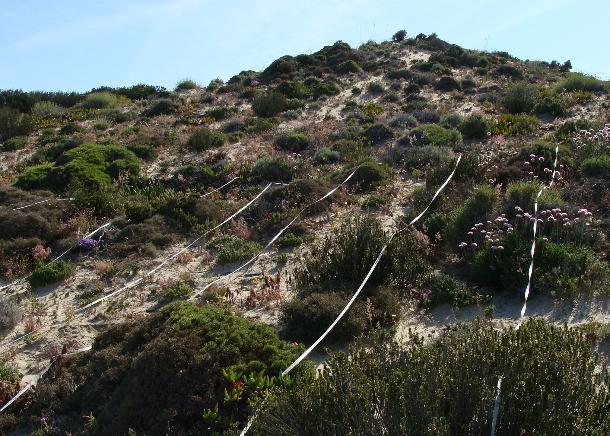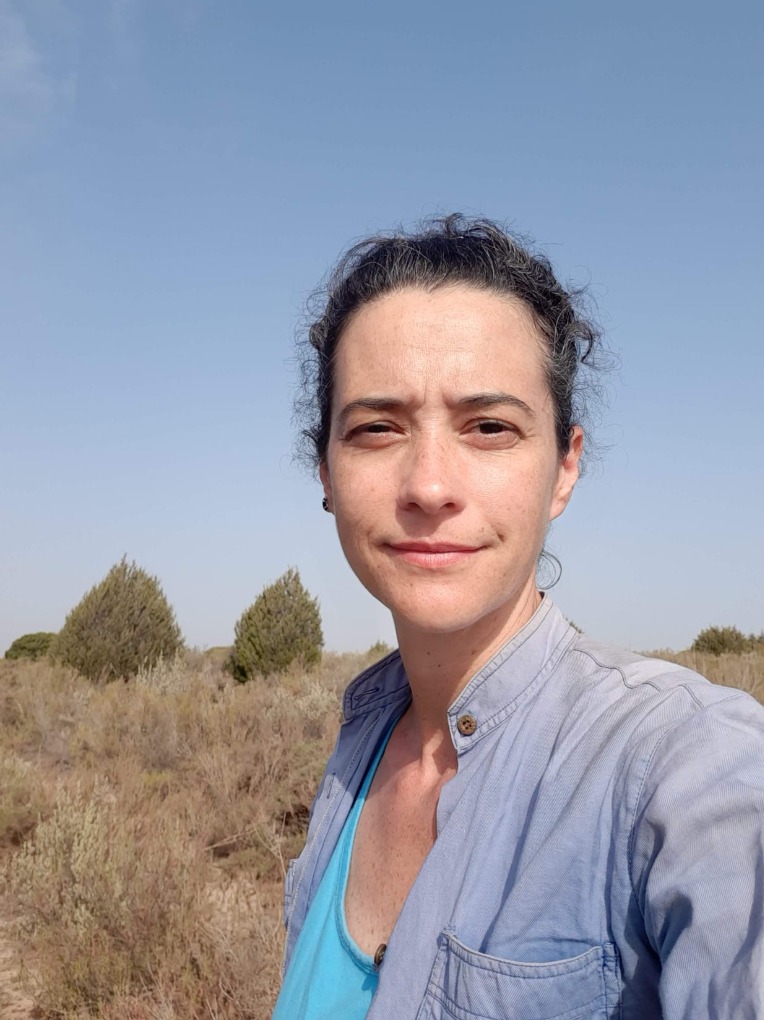Summary:
Anthropogenic climate change stands amongst the major global environmental challenges of the 21st century. Its impacts will occur mainly in the medium and long term, even in scenarios with strong mitigation policies, being the Meditteranean region considered a "hot spot" of climate change.
Hence, PIAAC-AMAL was designed to improve the adaptive capacity of the municipalities of the Algarve region, through the implementation of effective measures to reduce vulnerability and increase systems resilience.
Therefore, the Intermunicipal Plan for Adaptation to Climate Change of the Algarve Intermunicipal Community aims to:
1. Improve the level of knowledge concerning the climate system of the Algarve region, with the study of climate scenarios and projections;
2. Identification of the main climate vulnerabilities for priority sectors, as defined in National Strategy of Adaptation to Climate Change (ENAAC): Water Resources, Agriculture, Biodiversity, Economy, Energy, Forests, Human Health, People and Goods Safety, Transport and Communications and Coastal Areas and Sea;
3. Reduce the vulnerability of the Algarve region to the impacts of climate change and increase its response capacity, through the design of adaptation measures that best answer to the vulnerabilities identified. These measures incorporate the knowledge of municipalities’ technicians and other interested agencies.
4. Foster involvement and synergies among the various stakeholders in the process of adaptation to climate change, call for the informed participation of different local agents, and strengthening partnerships between the entities and public and private organizations responsible for the management of the Intermunicipal Community of Algarve.
Funding Institution:
Operational Program for Sustainability and Efficiency in the Use of Resources (PO SEUR);
Intermunicipal Community of the Algarve (CI-AMAL).
Partners:
UAlg – Universidade do Algarve; Bentley Systems.










